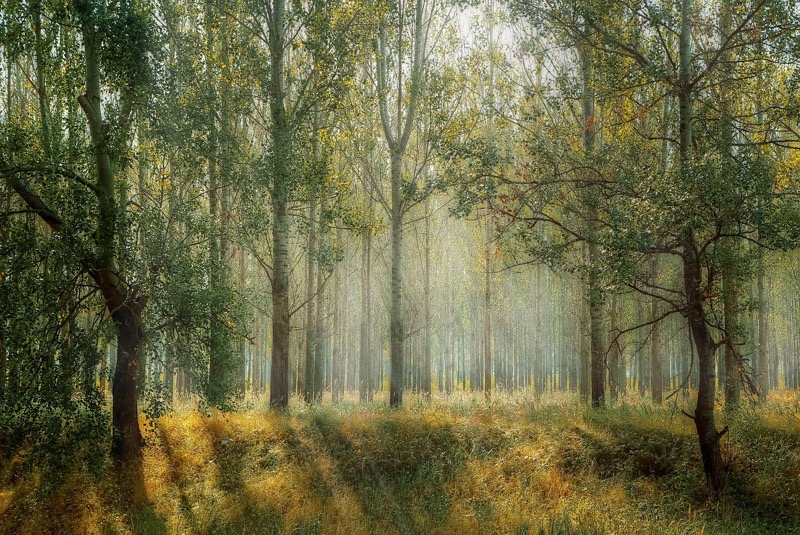As the country celebrates the heart-warming rescue of forty-one miners trapped in a mountain in Uttarakhand for seventeen days, please spare a moment to consider our relationship with nature. Arnold Dix, the Australian expert on underground tunnelling who played an important advisory role in the rescue effort, spoke in an interview about the string of equipment failures and sundry mishaps during the exercise.
As sophisticated machines struggled for days to hammer a passage to extricate the trapped miners, ominous rumblings and tremors from within the mountain added another dimension of trepidation, obliging the rescuers to shift to a ‘softly, softly’ approach to being more respectful of the mountain and the topography.
Eventually, technology took a back seat as diminutive ‘rat-hole miners’ poked through the last few metres of debris with their bare hands, so to speak, to bring off a miraculous rescue. The question arises: have we been over-reliant on engineers, fund managers, bureaucrats and politicians in planning and implementing large infrastructural projects? Should we not pay greater heed to the voices of nature?
In ‘Marginlands,’ a remarkable book on degraded environments, Arati Kumar-Rao argues for a ‘willingness to go back to the basics, to understand and acknowledge the local geography……to work with the land rather than in defiance of it.’ The rush to gouge out highways in fragile mountain terrains, dam watercourses, divert rivers, construct on lakebeds, and alter coastlines has irreversibly damaged ecosystems and put all forms of life in peril. The unbridled ‘development,’ mindless modernisation and unchecked commercialisation of the Anthropocene have brought Earth to a flexion point. It is estimated that to maintain current living standards, we would require 1.6 Earths.
Mindless of nature in the pursuit of material needs, unconcerned about all other forms of life than our own, we careen towards the precipice without pausing to understand the danger. Little credence is given to the views of environmentalists and biologists, geologists and hydrographers, sociologists and anthropologists, and traditional wisdom and local knowledge.
We need to see differently, to hear differently, to slow down and re-work our relationship with the land and environment. Kumar-Rao holds up the template of traditional populations ‘who live attentively so they may still be able to hear the land, understand it, respect it, adapt and survive.’
The Upanishads declare that ‘the earth is like honey for all creatures and all creatures are like honey for the earth.’ The concept of ‘cosmic oneness’ and recognition of a ‘subtle essence’ of divinity in all beings guided our ancestors. Thus, they balanced human need – indeed greed – and nature.
In her evocative book ‘Sacred Nature,’ Karen Armstrong suggests ways to recover our bond with the natural world. At the core is the ability to perceive nature with the eyes of a child: to gaze with awe and wonderment at the life forms under a rock or at a vine creeping up a wall, at the antics of gambolling kittens or the panoramic vista of a sunset. To visualise the journey of a raindrop from evaporation of a distant lake to a cloud to a downpour in one’s backyard, or to ponder the history of a slab of granite through volcanos and sediments to becoming a square of the sidewalk. To see the world in a grain of sand!
In the words of Aasheesh Pittie, the well-known birder and author, we need to open ourselves to ‘the realisation that fascinating worlds thrum beyond the margins of our temporal and spiritual spheres of influence – with forms of life that are not controlled by us but are animated by destinies beyond our comprehension.’ Our own lives will thereby be enriched.
Pittie’s description of the song of the Iora would entice even the most unmusical among us to seek out this little bird; ‘it rejuvenates the senses, rekindles the spirit, sustains a vitality within me…..and creates upheavals of emotion.’
We need to reimagine our relationship with the world. We must forsake the arrogance of presiding over the food chain and the hubris of our technological accomplishments. The uniqueness of all life forms and the interconnectedness of everything must be acknowledged and cherished. Geographies must be protected and allowed to rejuvenate from the depredations of man. Our survival depends on how we treat – indeed, the respect and reverence we show – the land, the environment and all living beings.
Before bludgeoning Himalayan mountainscapes with mammoth machines, if only we would pause awhile and listen to the voices of nature!
-30-
Copyright©Madras Courier, All Rights Reserved. You may share using our article tools. Please don't cut articles from madrascourier.com and redistribute by email, post to the web, mobile phone or social media.Please send in your feed back and comments to [email protected]











